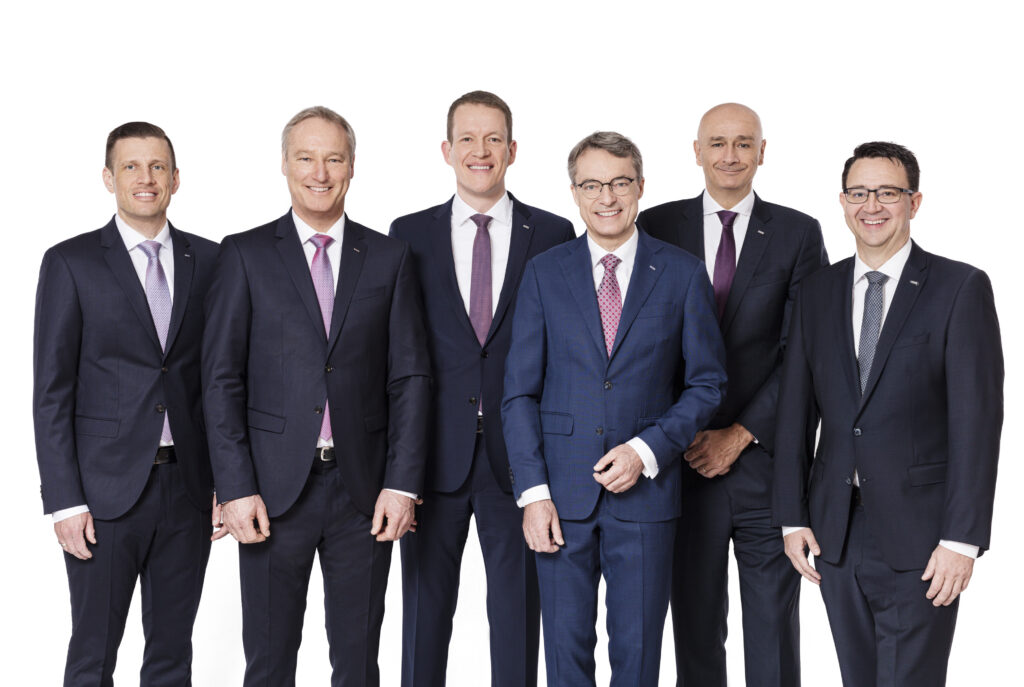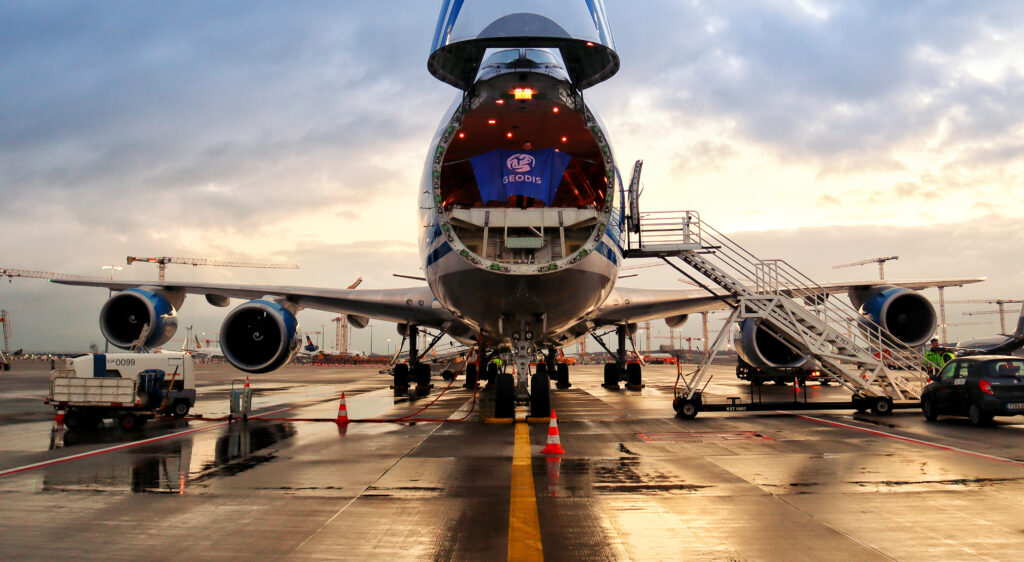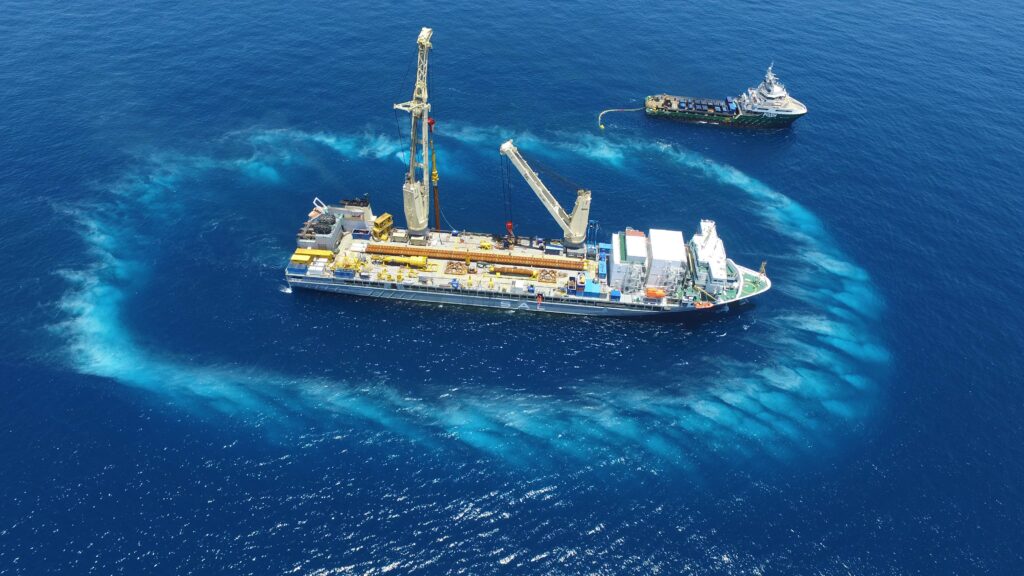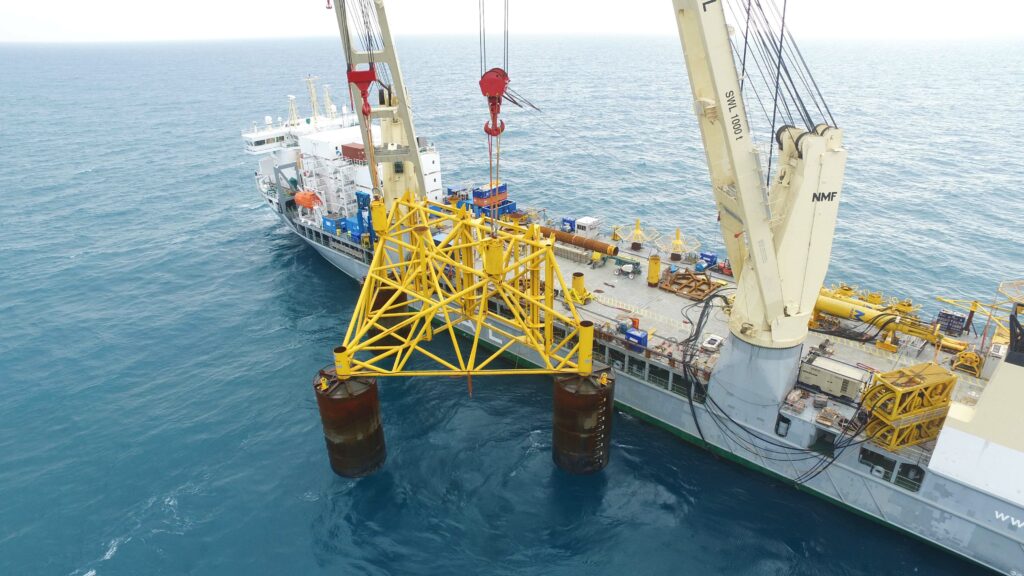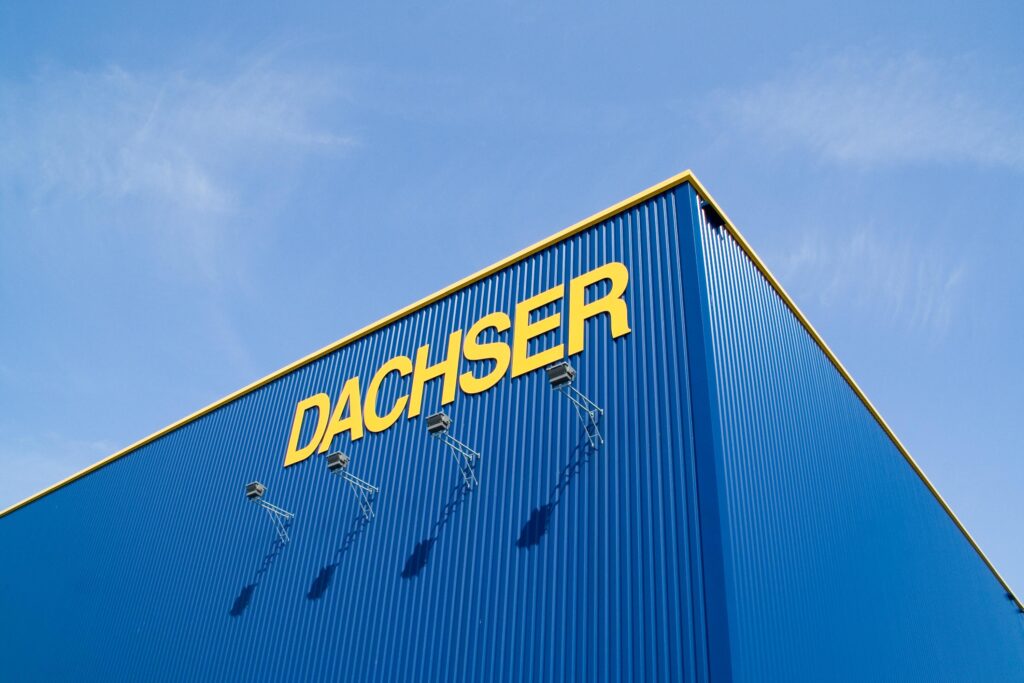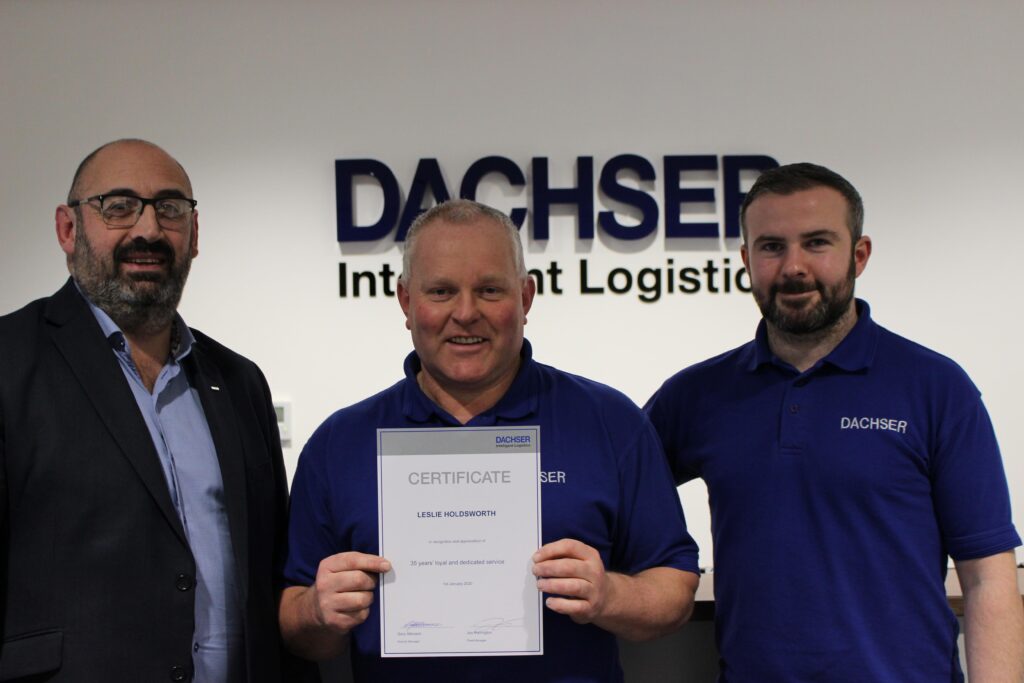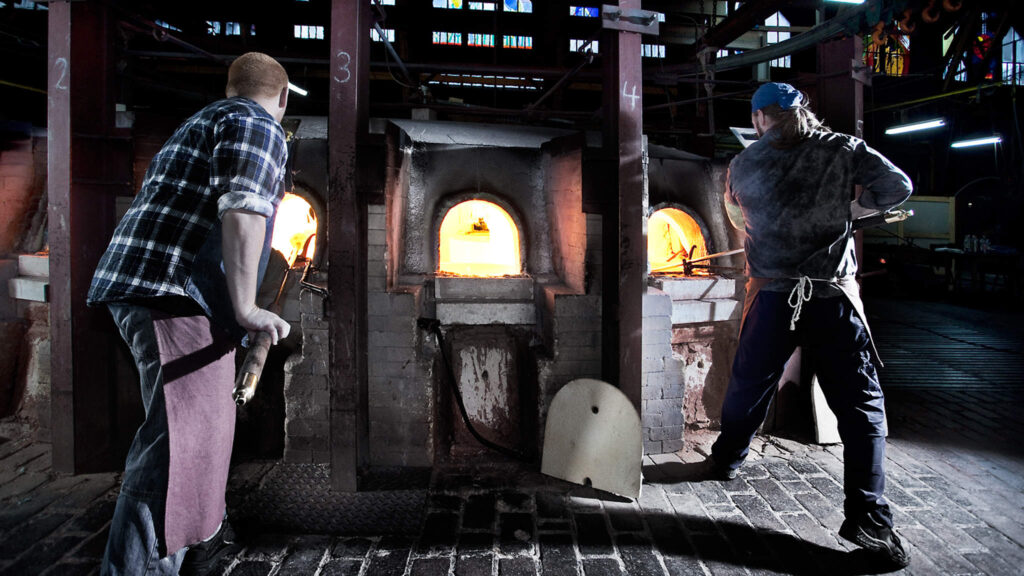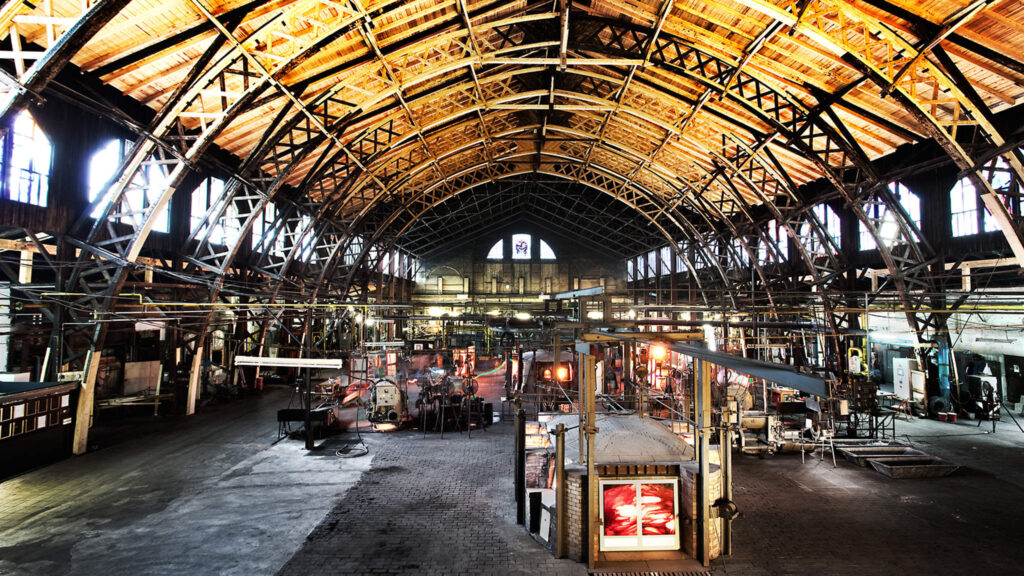John van den Berg has taken over as Managing Director of DACHSER Ireland since the beginning of this year. He succeeds Albert Johnston, who is retiring.
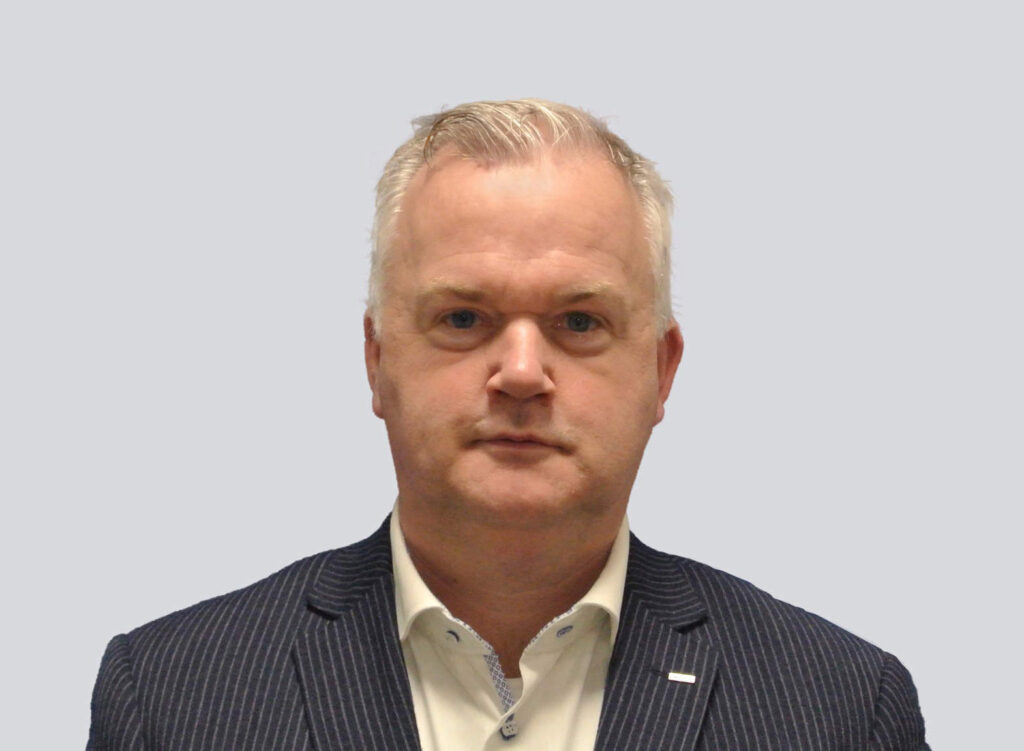
Mr. Van den Berg has been with DACHSER since 2006, joining the Irish country organisation in July 2019. The 49-year-old from the Netherlands began his DACHSER career in Waddinxveen near Rotterdam, where he served as Head of Customer Service and Controlling. In 2011, Mr. Van den Berg transferred to the Zevenaar branch, located on the German-Dutch border, and assumed responsibility of that branch in 2013.
As part of an intensive induction phase, Mr. van den Berg played a pivotal role during the final integration and rebranding stages as Johnston Logistics became DACHSER Ireland. DACHSER acquired the Irish logistics provider in 2017.
Successful integration into the DACHSER network
Johnston Logistics was founded by brothers Albert and Ivan Johnston in 1979, and within 30 years had established itself as one of Ireland’s leading logistics providers. Following acquisition by DACHSER in 2017, Albert Johnston stayed on as Managing Director and was responsible for successfully integrating the company into the DACHSER network.
DACHSER Ireland employs 175 people at three locations: Cork, Limerick and its Head Office in Dublin. In 2018, it recorded annual revenue of EUR 23.1 million. In addition to groupage, Johnston Logistics specialised in dangerous goods transportation and warehousing services for their customers in the chemical, pharmaceutical, hardware, plastics and packaging industries.







